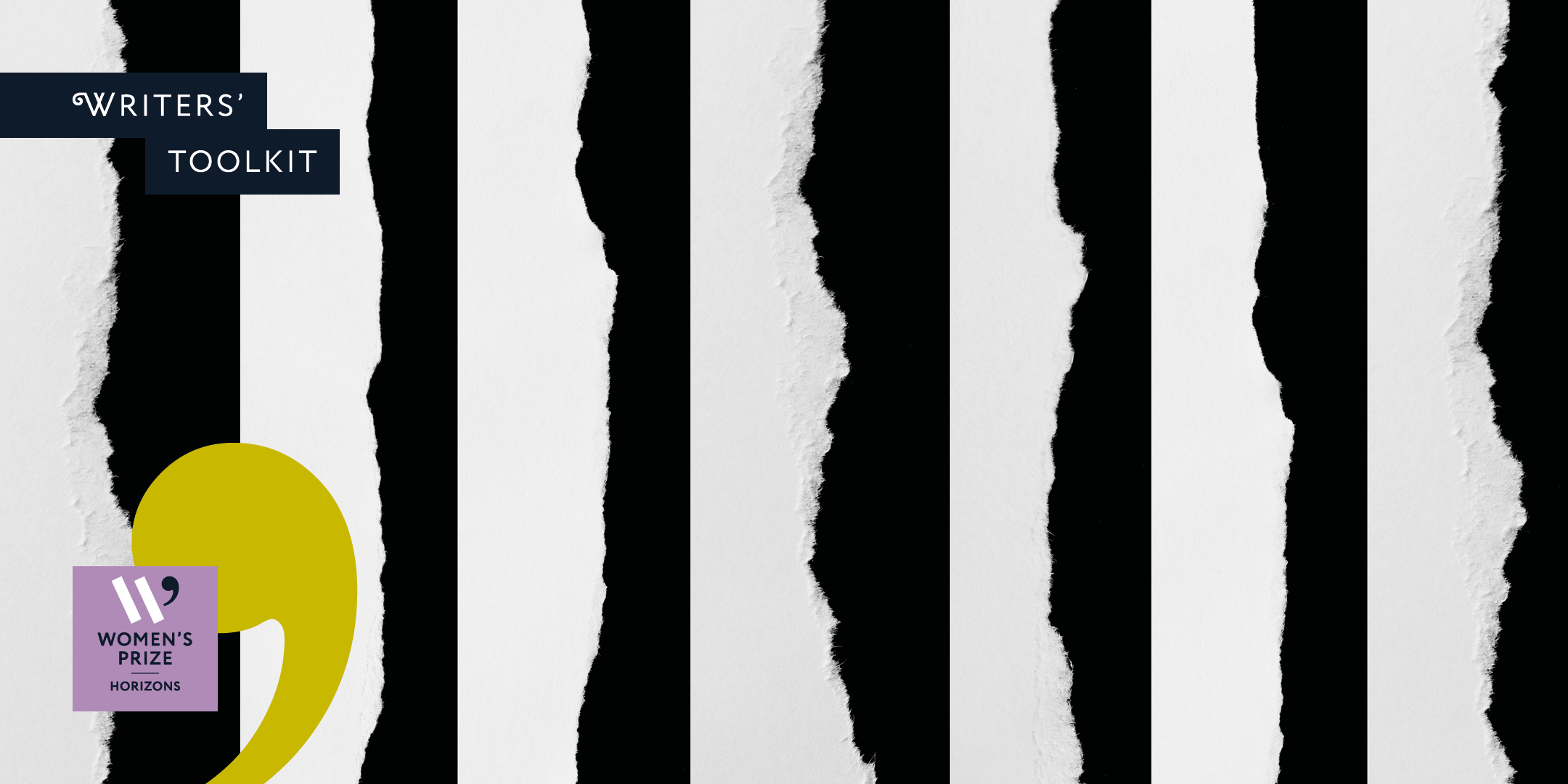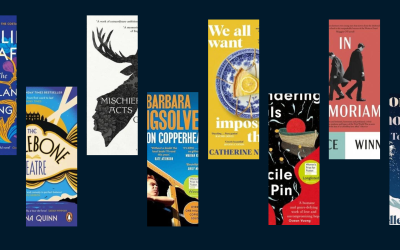
How to pitch your novel
Preparing to Pitch: The novelist salesperson “Can you summarise your novel in a sentence or two,” my marketer, Eloise asks,…


How do we centre our voices when we are the ones who have been historically marginalised, and often continue to be so? As a brown woman, an immigrant from the global south, I have thought fairly regularly about the hegemony in literature and how we disrupt it. There has been a dominance of a particular set of ideas in literature which permeates how we read and write, how we judge ‘good writing’ and how we start assuming that this is just common sense and intuitive. The domination of certain ideas, forms, structures, ways of writing become enforced through cultural and social institutions that hold power.
“Writing from the margins means we have to centre the non-western ways of thinking, being, doing. ”
As a writer from the margins, it is tough to navigate these hegemonic institutions of power, because those on the fringes are often homogenised and stereotyped, as a dehumanised collective mass. And so when you write from the margins, you might be expected to conform to these stereotypical cartoonish versions of ourselves, limit yourself to the stories that have been told about us, or to write to educate the majority. You might be expected to stay within the rigid boundaries imposed on us as writers, in the genres we can write, the subjects we can write about, the way we write about them. We have to take our writing outside the western canon and some sort of universal framework that we assume exists for our writing. We have to acknowledge that the expectations that are placed on our writing represent the values of those that have held cultural and social dominance, dictating what stories are beautiful and whose stories deserve to be heard and given space.
Writing from the margins means we have to centre the non-western ways of thinking, being, doing. I remember being told ‘show, don’t tell’ as a rule for good writing. I think it was Chekhov who had said: ‘Don’t tell me the moon is shining; show me the glint of light on broken glass.’ And writers started passing on this as the ultimate dictum. In much of oral traditions of storytelling, in minoritized and indigenous communities this was never an adage to follow, but this particularity has been assumed to be a universality.
As we write from the margins, we have to challenge and question ‘rules’ such as these and be confident to read more in our rich, vibrant, storytelling traditions, those that were violently suppressed through imposition of colonial language and culture. We were made to feel shame in our language, traditions and culture. We carried this shame through generations. We have to throw away this shame and assert the right to claim the right to tell our stories the way we want to.

In our writing we can aim to challenge these hegemonies, for instance, by refusing to italicise words in our own language, in any language other than English. This is what I decided to do when I was writing my hybrid memoir (M)otherhood. I also refused to add translations in the footnotes. I wanted to challenge the assumption that my writing was only for an English-speaking audience, and that I had to centre the sensibilities of the western readership by adding translations.
I wrote that book because I wanted to tell a story of mothering and motherhood beyond the white, middle-class experience that we were used to hearing. I wanted to tell stories of infertility and reproductive choices as a brown woman, but also open up the space to hear stories from outside the gender binary and heteronormative framework. As a writer from the margins, I was using my writing to say that other stories exist, and these deserve to be heard. I was not prepared to tell the stories of those communities that I did not belong to and speak on their behalf, but I could write as an ally. And this is what we can all do.
It is not only our responsibility to dismantle the colonial ways of writing, but when we have the space to be heard, we can make it our responsibility to do so, in the books that we read and promote, in the way we write our stories, and the way we write others in our books, especially those who have been forgotten or ignored. Our words are all we sometimes have.
Four non-fiction books Pragya Agarwal recommends:
_______
Dr Pragya Agarwal is the author of four widely acclaimed non-fiction books on gender and racial inequities, and reproductive justice. Her most recent book Hysterical examines the historical and scientific roots of gendering of emotions. She has been awarded the Transmission Prize for ‘making complex scientific ideas accessible’. Pragya is a visiting fellow at University of Oxford, a Royal Literary Fund Fellow and Fulbright fellow at University of California, and also teaches writing for Irish Writers Centre and Arvon.

Preparing to Pitch: The novelist salesperson “Can you summarise your novel in a sentence or two,” my marketer, Eloise asks,…

Thrilled to annouce today the winning artist nominated to create ‘The Charlotte’, the figurine to be cast in bronze which…

The best recommendations come from readers, so we asked YOU to tell us the stand-out books by women you read…

There is nothing better than settling down with a good book and escaping the mundane, everyday life. Books are where…
Tune into host Vick Hope and a line-up of incredible guests on our weekly podcast full of unmissable book recommendations.
